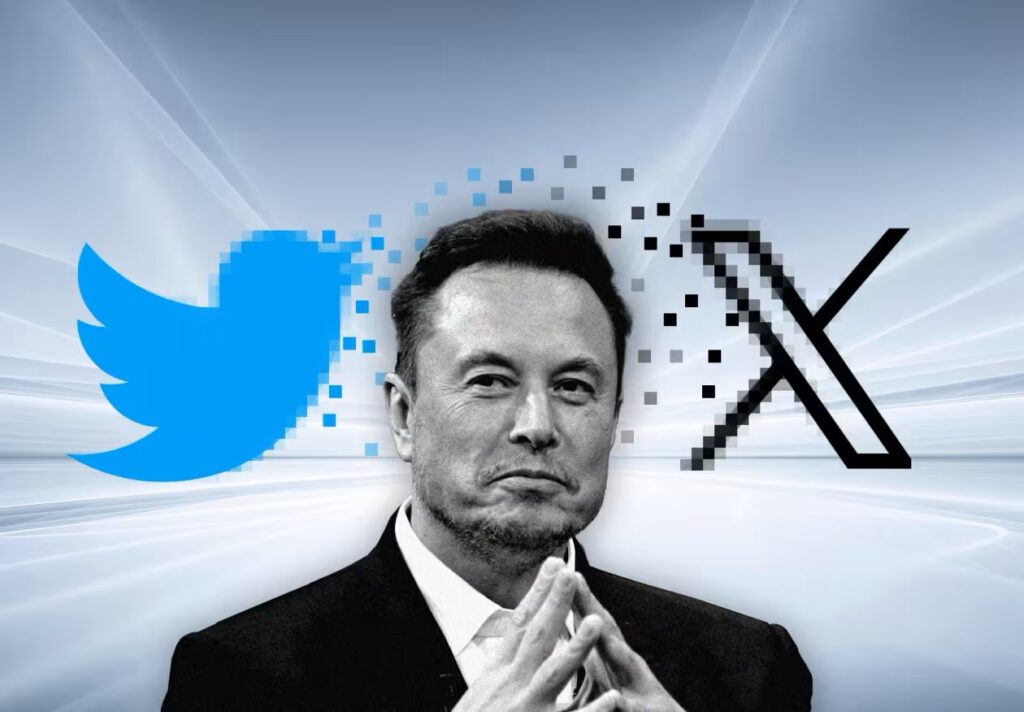Elon Musk is set to reduce his involvement in political affairs as the CEO of Tesla faces a steep decline in the company's financial performance. After the electric automaker reported a staggering 20% decrease in automotive revenue for the first quarter of 2025, Musk acknowledged that his political commitments had diverted his attention from the critical aspects of running Tesla. The company’s profits plunged over 70% year-on-year, with total revenue dropping to $19.3 billion, falling short of analysts' expectations of $21.1 billion.
As a prominent figure within Donald Trump’s administration, Musk has come under fire for his dual roles, contributing more than $250 million to Trump's re-election campaign and leading the Department of Government Efficiency (Doge). His political standing has led to widespread protests and boycotts of Tesla products, prompting the tech leader to reassess his priorities. Starting next month, Musk plans to allocate only one to two days a week to government matters, stating, “My time allocation to Doge will drop significantly,” while also working to appease stakeholders concerned about the company's direction.
The turbulent times for Tesla have been exacerbated by changing political landscapes and trade policies, particularly Trump's tariffs on China, which have complicated supply chains for many companies, including Tesla. Although Musk claims that Tesla is the least affected car manufacturer due to its partially localized supply chains, he admits that tariffs pose challenges for a company grappling with razor-thin margins.
Shares of Tesla have taken a considerable hit, losing approximately 37% of their value since the start of the year, and recent quarterly data revealed a 13% drop in vehicle sales, marking the lowest sales levels the company has seen in three years. Despite analysts expressing skepticism about the impact of artificial intelligence on future growth, Musk remains hopeful, asserting that he will continue advocating for lower tariffs and exploring potential opportunities for the company amidst heightened competition and supply chain uncertainties.




















